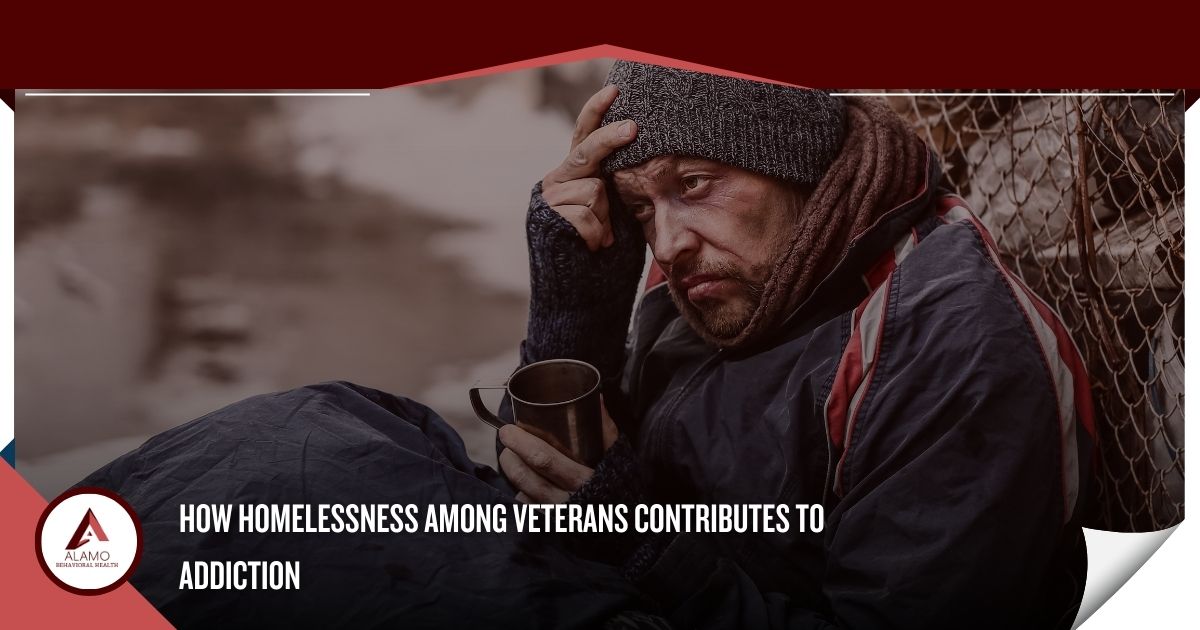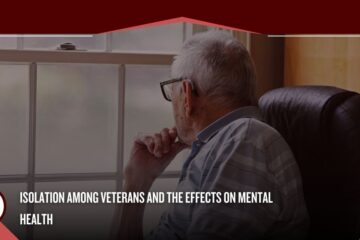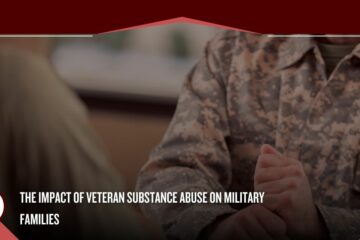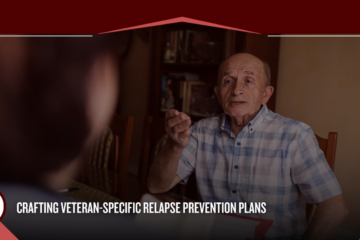
Our country’s military members face many risks during their time in service. However, the challenges do not always end when their time in service ends. Instead, veterans face many obstacles when returning to civilian life.
Veterans have a greater risk for life-altering problems like homelessness and substance abuse. Many of the challenges veterans face are very complex and can contribute to other issues.
For example, unhoused veterans are more likely to develop substance abuse, and substance abuse can lead to homelessness.
In this article, we will explore how homelessness and addiction among veterans are connected. You’ll learn about other factors veterans face that can lead to substance abuse and how to find addiction treatment.
Reach out to the Alamo Behavioral Health specialists now to learn about our substance use disorder treatment programs. You may also find other types of support or schedule an intake assessment.
Homelessness Among Veterans: An Overview
Homelessness among veterans is a significant problem in the United States. Research from 2017 showed that about 40,000 veterans were experiencing homelessness at some point in the first month of the year.
The United States Department of Housing and Urban Development (HUD) defines homelessness as:
- A person without regular housing at night
- Someone who spends nights in a public or private location that people do not typically use for shelter, such as an abandoned building, bus station, or park
- A person who lives in some kind of temporary housing, such as a homeless shelter or transitional housing
- Someone living in a place that isn’t suitable for humans, such as a storage locker or temporary shelter
- Someone who will lose their permanent housing and does not have somewhere to go
While homelessness among veterans has declined since 2009, it is still a significant problem for our nation’s heroes.
There are many things that increase the risk of homelessness among veterans. These include:
- Post-traumatic stress disorder (PTSD)
- Mental health conditions
- Social isolation
- Substance use disorders (SUDs)
A veteran is more likely to experience homelessness if they have mental illness and substance abuse. Homelessness can also contribute to a new or worsening substance use disorder (SUD).
The Link Between Homelessness and Substance Abuse in Veterans
Research suggests that substance abuse can increase the risk of homelessness. However, becoming homeless can also make it more likely for a veteran to develop substance abuse.
Homelessness is intensely stressful. People who become homeless may face barriers to healthcare, food, safety, and other necessities. Veterans and others who become homeless may use drugs and alcohol to cope with stress or manage the symptoms of a mental illness. Addiction experts call this “self-medication.”
People who are homeless may also have more exposure to drug use, which can normalize it. Veterans who become homeless may be more likely to use drugs and alcohol, and substance abuse can also increase the risk of losing housing.
What Programs Are Available for Unhoused Veterans?
Treatment centers like Alamo Behavioral Health offer comprehensive treatment programs for veterans and the general population.
In addition to addiction treatment programs, there are several programs and agencies that provide support for homeless veterans with substance abuse. These include:
- U.S. Department of Housing and Urban Development–Veterans Affairs Supportive Housing (HUD-VASH): This program offers support from two government agencies to provide housing for unhoused veterans.
- Department of Veterans Affairs Vocational Rehabilitation and Employment Services: This program provides employment training and support for disabled veterans.
- Supportive Services for Veteran Families: This program offers funding to community groups and organizations that help veterans avoid homelessness. If a veteran does lose their housing, they help them find safe housing.
- The Homeless Veterans’ Reintegration Program: This program assists veterans in finding work and helps them join the workforce.
Veterans Affairs (VA) medical centers also provide transitional housing options and substance abuse treatment programs.
How to Support a Veteran With a Substance Use Disorder
If you know a veteran who lives with a substance use disorder, you can help them find treatment. You may reach out to the specialists at Alamo Behavioral Health for guidance.
Recognizing the signs of a substance use disorder is the first step toward helping a veteran find the care they need. Signs of substance abuse or addiction include:
- Using more drugs or alcohol
- Doing dangerous things while using drugs and alcohol, such as driving under the influence
- Facing legal or financial trouble because of substance use
- Neglecting responsibilities at home, work, or school because of substance use
- Experiencing physical, social, or mental harm related to substance use
- Experiencing withdrawal symptoms if they stop
People living with addiction continue to use drugs or alcohol, even when it causes them significant harm. People may lose their permanent housing, relationships, and jobs and not stop.
Find Addiction Treatment for Veterans Today
Veterans living with addiction require specialized treatment and support. Reach out to the team at Alamo Behavioral Health to learn about our veteran’s substance abuse treatment programs. You may also find other forms of support, verify your insurance, or set up an intake evaluation.




